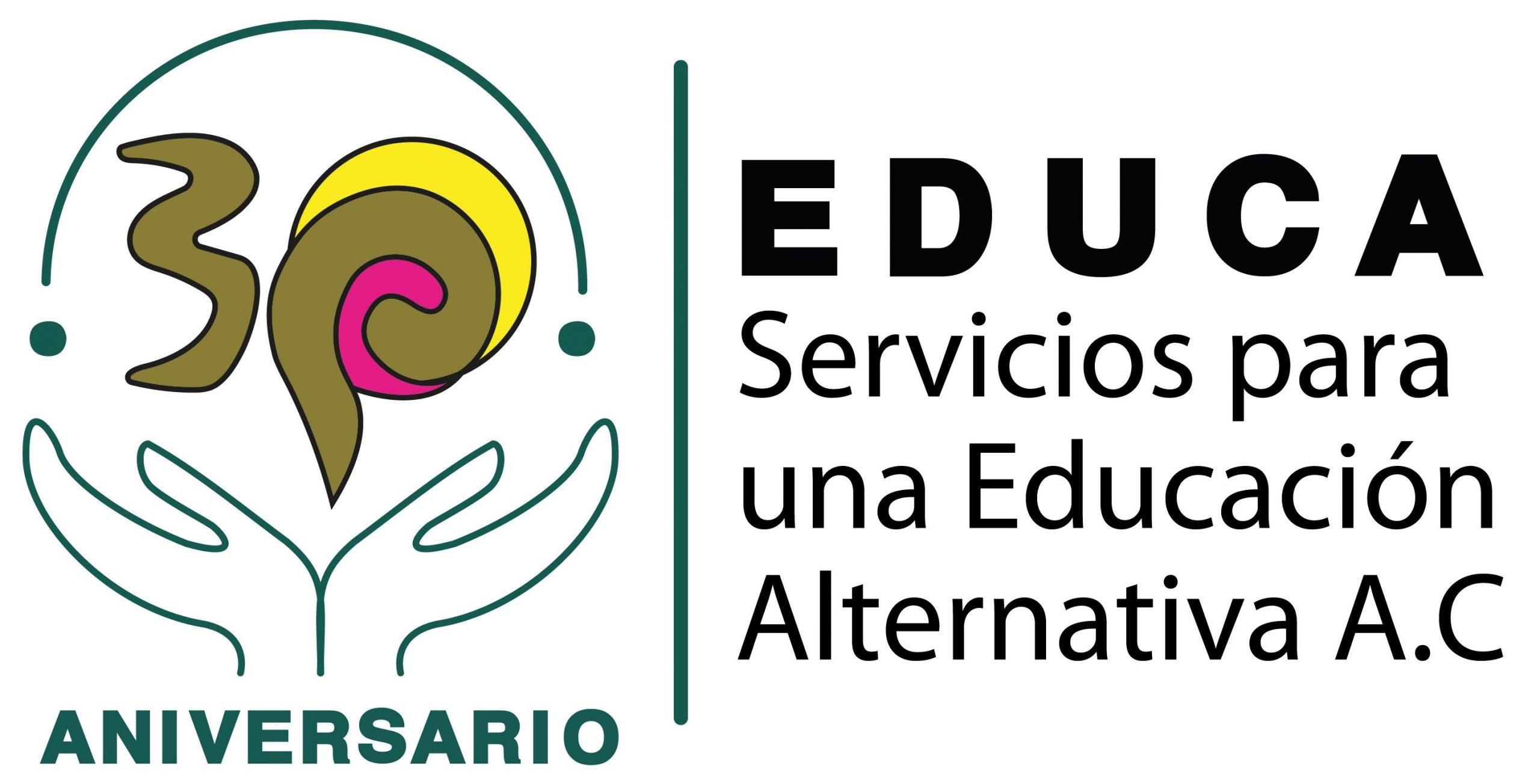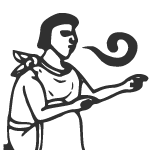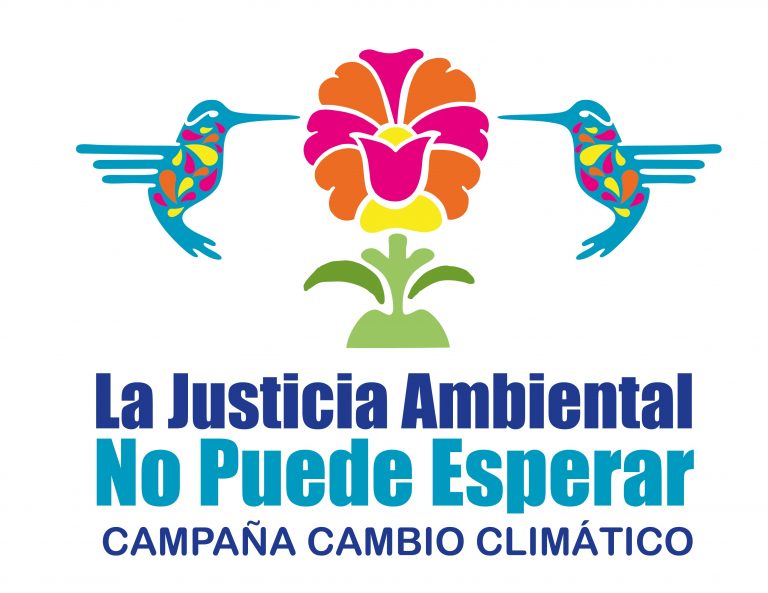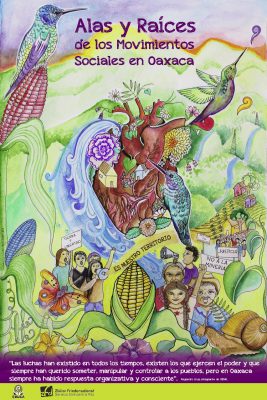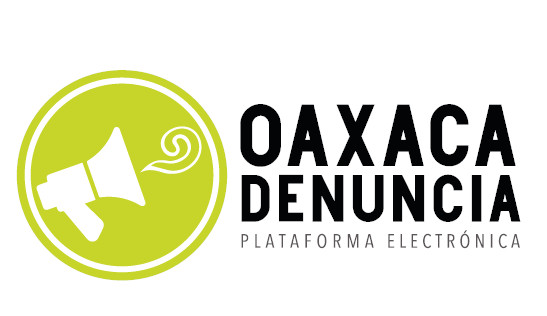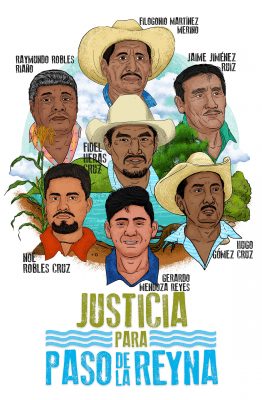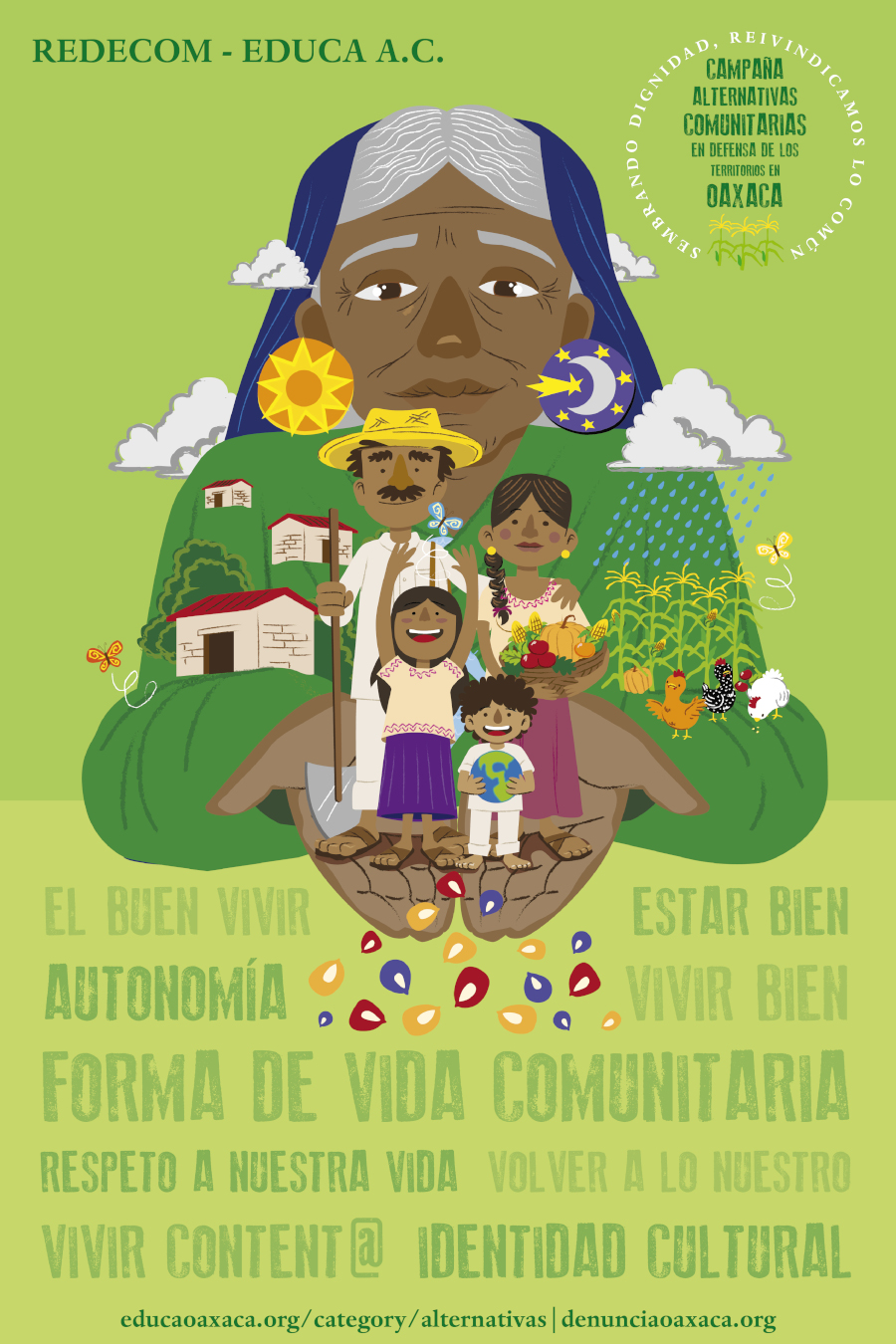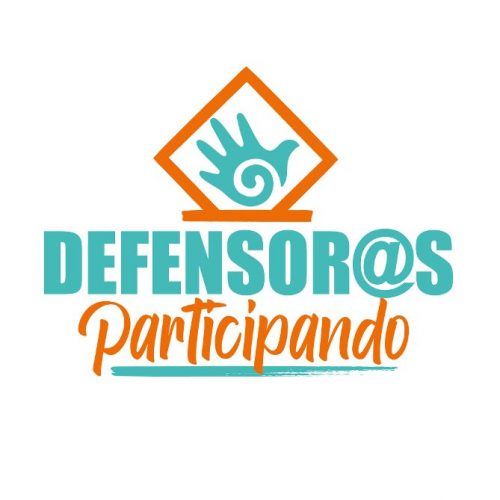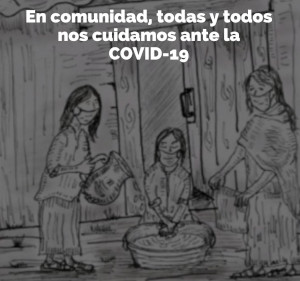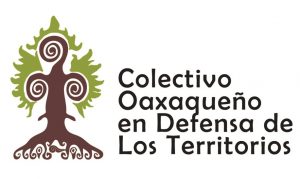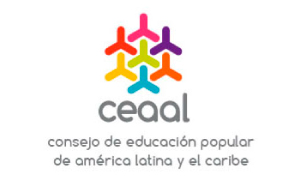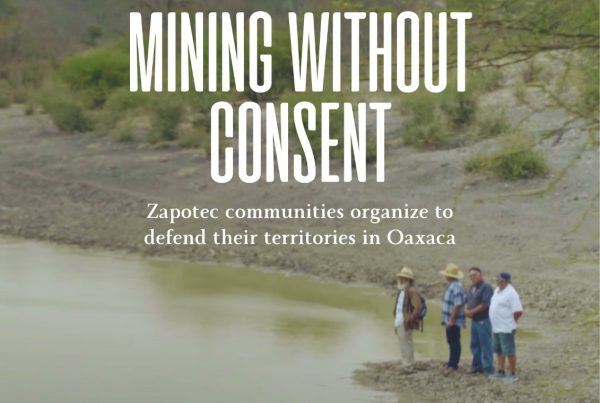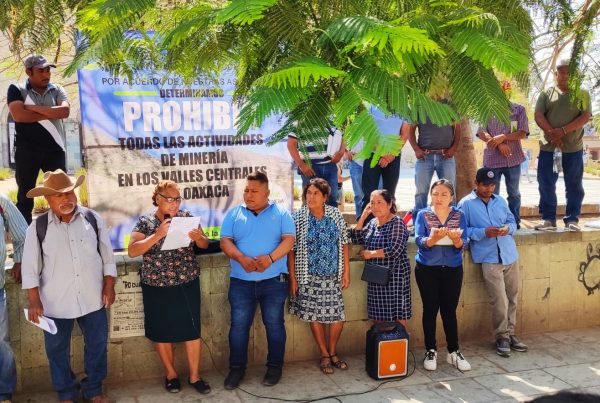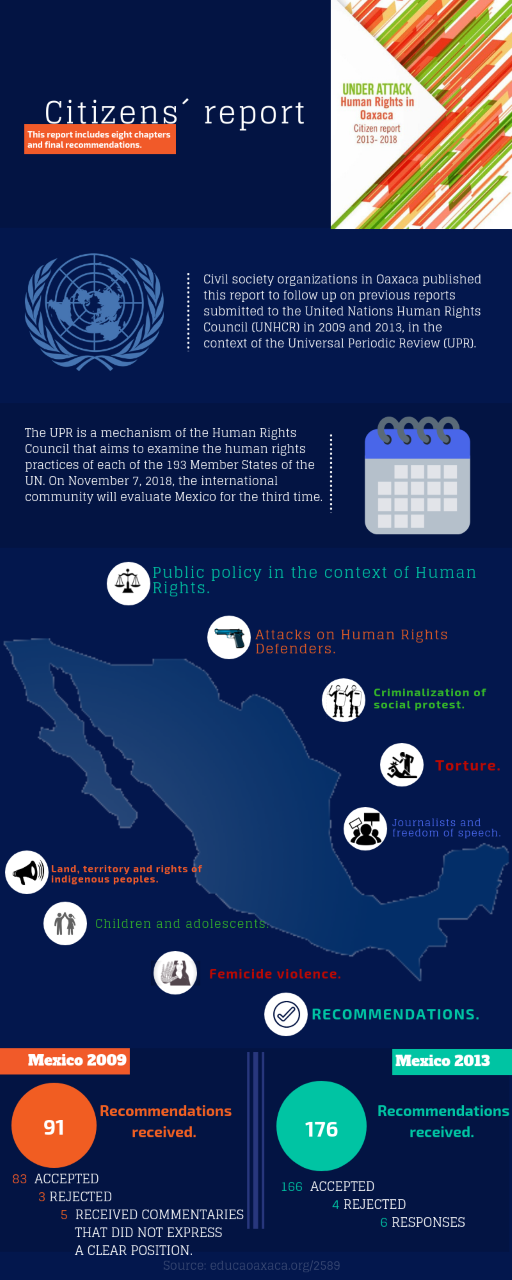 As the United Nations prepares to review Mexico’s human rights record in November, civil society organizations in Oaxaca publish their own evaluation, from one of the states with the highest number of violations in the country. In the following series Educa, a contributor to the report, summarizes its main findings:
As the United Nations prepares to review Mexico’s human rights record in November, civil society organizations in Oaxaca publish their own evaluation, from one of the states with the highest number of violations in the country. In the following series Educa, a contributor to the report, summarizes its main findings:
In 2012, the Mexican government passed a series of contested structural reforms in sectors as diverse as telecommunications, energy and education. In Oaxaca, where opposition to the educational reform has been particularly strong, the government’s favored strategy for quelling resistance has been the criminalization of social protest.
In May 2013 teacher protests broke out in response to the reform, which experts say is in fact a labor reform that violates the rights of educational workers. Oaxacan authorities responded by targeting protestors with arbitrary detentions and fabricated legal charges.
Human rights defenders and social movement leaders have been charged with generic accusations such as kidnapping, participation in organized crime, money laundering, criminal association and possession of firearms. This tactic is particularly divisive given an increase in organized criminal activity that has led to a climate of social polarization.
The accused are often transferred to maximum-security prisons far from their places of origin, which makes family visits, legal defense and solidarity actions difficult. Moreover, human rights groups have documented the government’s bribery of media to promote smear campaigns against arrested activists.
The Nochixtlán protests in June of 2016 provide a glaring example of these tactics. State and federal police used the pretext of clearing a highway to attack protesting teachers, students and civilians, leading to 8 deaths and 226 injuries, including 84 firearm injuries. The government denied that their agents were armed and to date no one has been held accountable.
This situation has been exacerbated by Mexico’s recently approved Homeland Security law, which grants the military even broader powers to silence resistance, especially in areas with territorial conflicts. Currently a bill to restrict the right to protest is present to the State Congress. If this bill passes, it will exacerbate social polarization and the excessive use of power.
Download: Under attack. Human Rights in Oaxaca 2013-2018. Citizen report (PDF, 32 pp.)
Infographic: Oaxaca Citizens’ Report
![]()
